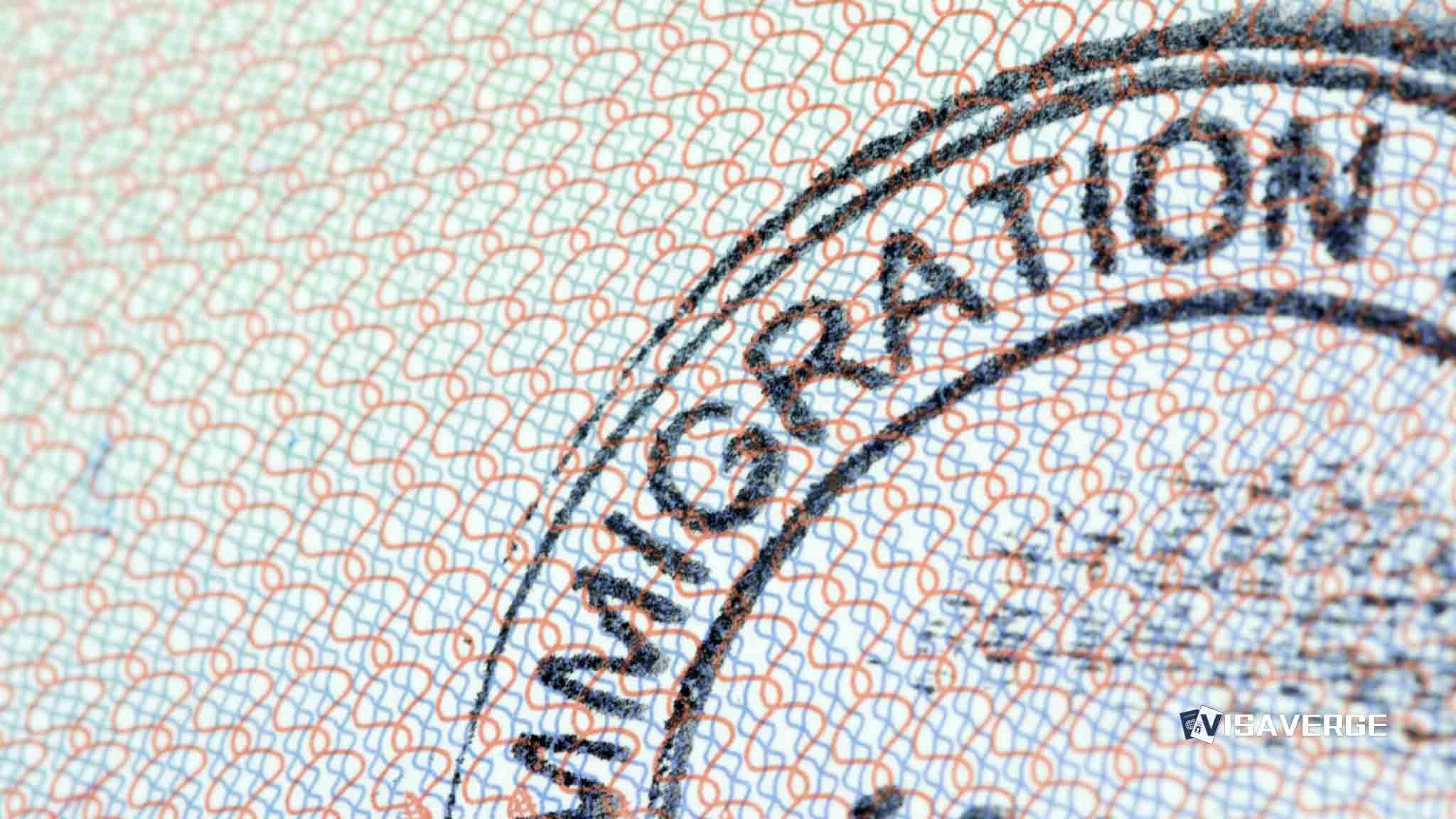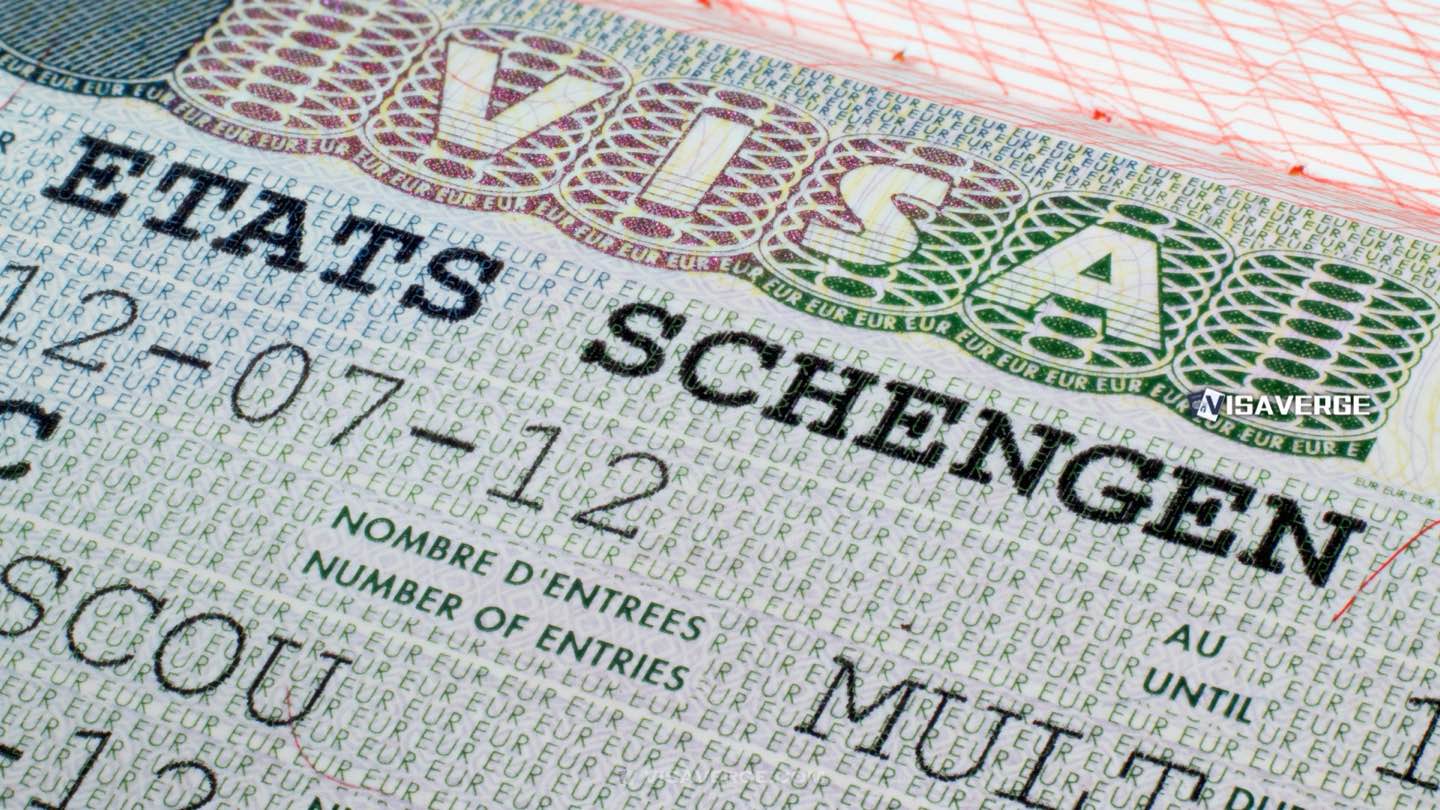(PORTUGAL) Portugal’s Constitutional Court blocked key parts of a new immigration bill on August 9, 2025, finding several measures—especially those curbing family reunification—contravene constitutional rights. The Court returned the bill to Parliament, and the contested rules won’t take effect.
President Marcelo Rebelo de Sousa vetoed the bill the same day and urged lawmakers to correct violations of equality, proportionality, and legal security. For now, existing immigration rules remain in place nationwide.

What the Court blocked and why
- Two-year wait to apply for family reunification
The Court found this violates the right to family unity. Families shouldn’t be forced to wait long periods without strong legal grounds. - Exclusion of spouses or partners if the resident has lived in Portugal less than two years
The Court held this also harms protections around family unity. -
Longer decision times (up to 18 months) on reunification requests
Judges judged this an excessive delay that undermines protection of the family. -
“Integration measures” set by regulation instead of law
The Court ruled that such demands must be clearly set by law, not left to future regulations. -
Limits on urgent access to courts to protect rights
The Court said restrictions on emergency legal protection are unconstitutional.
Key takeaway: The Court emphasized that restrictions impacting family unity and urgent judicial protection must be justified by law and proportionate in effect.
Immediate impact for families and workers
- The most restrictive parts of the immigration bill are blocked and not in force.
- The prior legal framework (pre-July 2025) remains active for all immigration and family reunification cases.
- Transitional protections for people registered with Social Security and working as of June 3, 2024 remain valid until December 31, 2025 under existing rules.
- Golden Visa (ARI) holders are not affected by the blocked provisions and continue to be exempt from those proposed restrictions.
Government and political reactions
- President Marcelo Rebelo de Sousa stressed his constitutional duty to ensure the bill complies with rights.
- Presidency Minister António Leitão Amaro said the government will adjust the text to meet the Court’s findings while continuing to pursue “regulated and humane” immigration.
- Right-wing and far-right parties argue for tighter controls, citing pressure on public services and backlogs after years of high arrivals.
- Left-wing parties criticized the bill as too harsh and inconsistent with Portugal’s tradition of protecting immigrant rights.
What remains in force outside the blocked bill
- Ending of the “expression of interest” pathway: This already ended in June 2024, with limited transitional cases allowed through December 31, 2025.
- Citizenship reforms effective June 2025:
- General residency requirement: 10 years (or 7 years for CPLP nationals).
- The Sephardic Jewish ancestry route has ended.
These changes stand and were not part of the Court’s strike-down.
- No new Golden Visa restrictions from this bill: Golden Visa holders remain under current rules.
How this affects real people
- Families: You can still apply for family reunification under the existing law without a two-year minimum stay. Standard eligibility and documents apply, and decision timelines remain the usual ones—not the extended 9–18 months proposed.
- Workers on transitional paths: If you were registered with Social Security and working by June 3, 2024, your path remains valid until December 31, 2025, reducing uncertainty for those already in the system.
- Employers: Hiring plans that rely on staff bringing over spouses and children can proceed under the current framework, supporting faster family stability and better retention.
- Students and skilled migrants: The government still prefers directing flows toward higher-skilled roles, but any new rules will need to pass constitutional review. Expect further proposals, but no immediate change from the blocked measures.
Practical steps for family reunification now
- Continue using the current legal process—there is no two-year clock in force.
- Prepare core documents:
- Proof of relationship (marriage or partnership evidence)
- Proof of housing and means
- Valid IDs
- For dependent children: birth certificates and, if needed, consent from the other parent
- Track processing: Normal timelines apply. If delays harm your rights, you can seek urgent court protection.
- Monitor Parliament’s next move: Any new text must comply with the Court’s standards before taking effect.
Case example
A Cape Verdean father with a valid residence permit planned to bring his spouse and 8-year-old son this fall. Under the blocked bill he might have waited two years to apply, with decisions stretched up to 18 months. After the Constitutional Court ruling, he can file now under current rules and expect the usual processing period—helping keep his family’s school plans and housing arrangements on track.
Why the Court’s ruling matters
The judges drew a firm line: the Constitution protects family life and quick legal remedies. Any attempt to delay or narrow family reunification requires strong, clearly legislated reasons—not vague regulations. This protects families from open-ended waits and unclear standards and forces lawmakers to draft precise, proportional rules.
Political and regional context
- Parliament passed the immigration bill in July 2025 with center-right and far-right backing, reflecting a broader European shift toward tighter borders and stricter eligibility.
- Portugal’s courts have a history of guarding fundamental rights. This ruling continues that tradition, requiring lawmakers to balance immigration control with constitutional protections.
What to watch next
- Parliamentary revision: Expect a rewritten bill in the coming months, likely narrowing the flagged parts and setting clearer criteria and defined timelines for family cases.
- Further challenges: Any new law will face close scrutiny and could return to the Constitutional Court.
- Skilled migration and Golden Visa: The government still favors high-skilled entries and did not target Golden Visa holders in this bill. Any changes will likely come through separate measures.
Where to find official information
- For current procedures and forms, check Portugal’s immigration authority, AIMA. For example, consult official guidance on residence and family procedures through the government’s portal for immigration services.
- For updates on laws and presidential actions, follow the Presidency of the Republic and the Official Gazette (Diário da República).
- For authoritative guidance on residence rights and EU rules shaping national procedures, see the European Commission’s page on family reunification, which outlines baseline protections and timelines.
As reported by VisaVerge.com, Portugal’s attempted overhaul mirrors a broader EU move to tighten entry and regularization pathways, but the Constitutional Court has reaffirmed that rights to family unity and access to justice cannot be eroded by ordinary legislation.
Actionable takeaways:
– If you plan family reunification, apply now under current rules—there’s no two-year wait.
– Gather complete documents early to avoid delays.
– If your case faces long pauses, consider legal advice about urgent court remedies.
– Monitor Parliament’s revisions; new changes will only apply after passing constitutional review.
Official resource: For authoritative information on lawful stays, residence, and entries, review the Portuguese government’s immigration page through the Oficial portal for foreigners in Portugal, which posts current rules and updates.
This Article in a Nutshell













